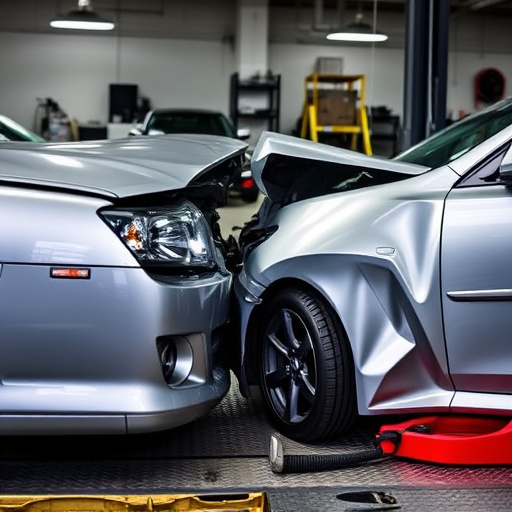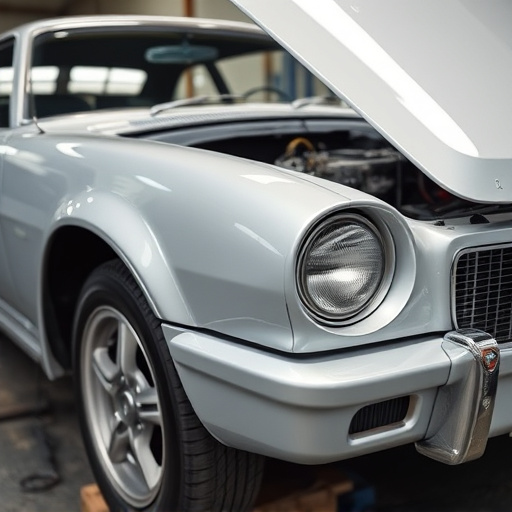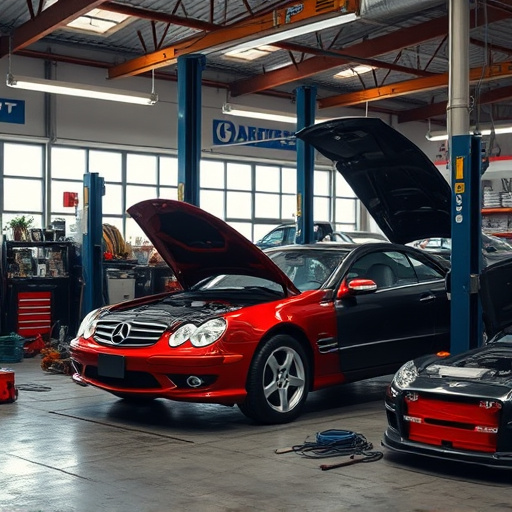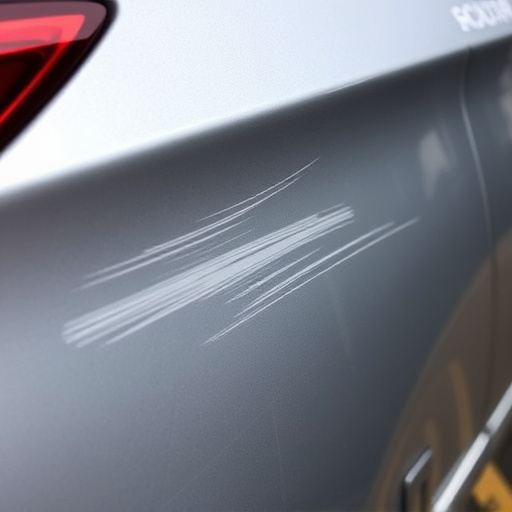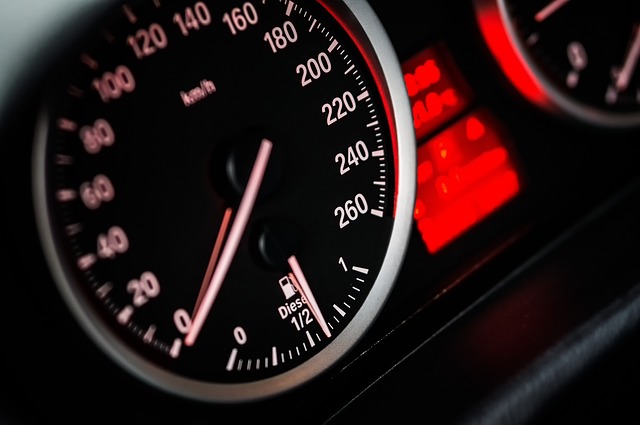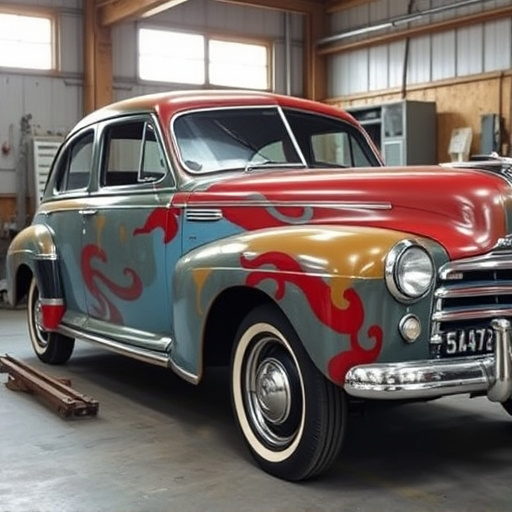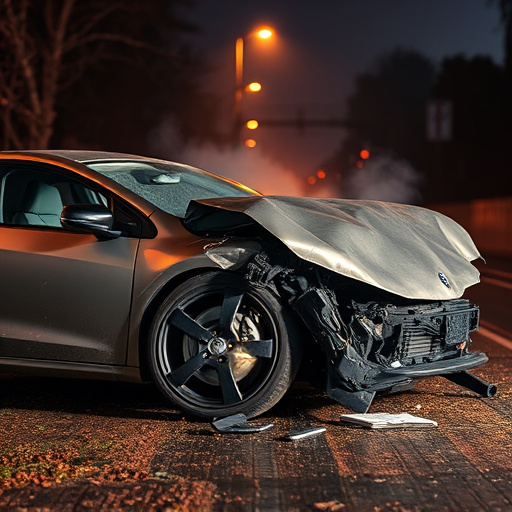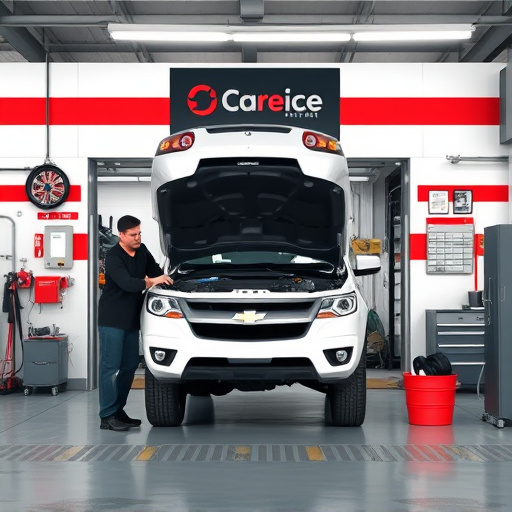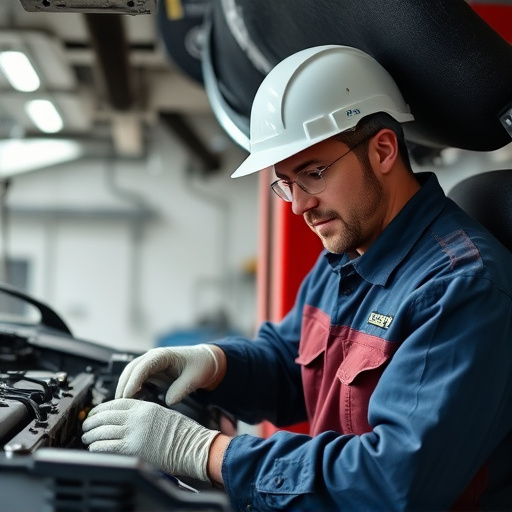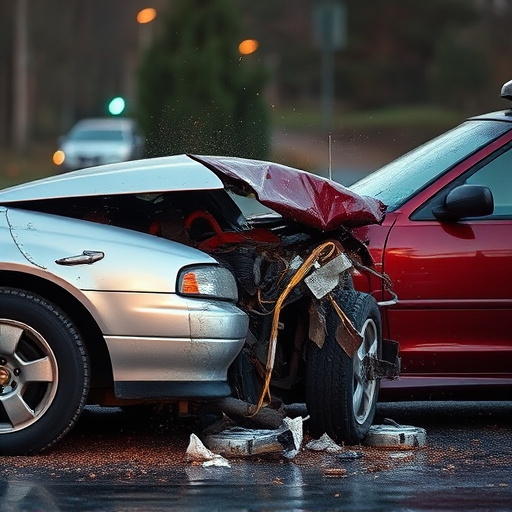Anti-corrosion materials are vital for industries facing harsh conditions like moisture, chemicals, or extreme temperatures, preventing costly damage and safety risks. These materials significantly enhance durability in sectors like automotive repair, reducing maintenance costs and extending vehicle lifespans through protective coatings. In infrastructure, they minimize downtime and operational expenses while ensuring structural longevity. Advanced anti-corrosion technologies have revolutionized automotive manufacturing, making cars more durable, lightweight, and environmentally friendly, with dent removal processes also benefiting from corrosion-resistant alloys.
Discover the top benefits of integrating anti-corrosion materials into your operations today. From preserving critical infrastructure and enhancing manufacturing performance to embracing sustainable practices, these materials play a pivotal role across diverse industries. This article explores how anti-corrosion solutions mitigate corrosion’s devastating impact, save costs through preventative measures, and drive innovation in metalworking, construction, and green technology. Learn why adopting these advanced materials is crucial for long-term success.
- Preserving Infrastructure and Equipment with Anti-Corrosion Materials
- – The impact of corrosion on various industries
- – Case studies: Success stories of anti-corrosion solutions
Preserving Infrastructure and Equipment with Anti-Corrosion Materials
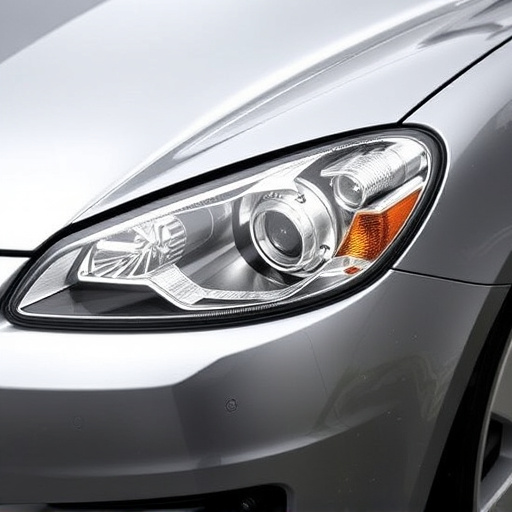
Anti-corrosion materials play a pivotal role in preserving infrastructure and equipment across various industries. In harsh environments where metal is constantly exposed to moisture, chemicals, or extreme temperatures, these materials act as a shield, protecting against the damaging effects of corrosion. From industrial machinery and coastal infrastructure to vehicles and automotive components, incorporating anti-corrosion solutions can significantly extend their lifespan.
In an auto painting or vehicle body shop setting, for instance, anti-corrosion coatings are essential to ensure the durability of newly repaired or refurbished cars. By safeguarding against rust formation and metal deterioration, these materials not only enhance the aesthetic appeal of vehicles but also provide long-lasting protection, ultimately reducing maintenance costs for both owners and repair shops.
– The impact of corrosion on various industries
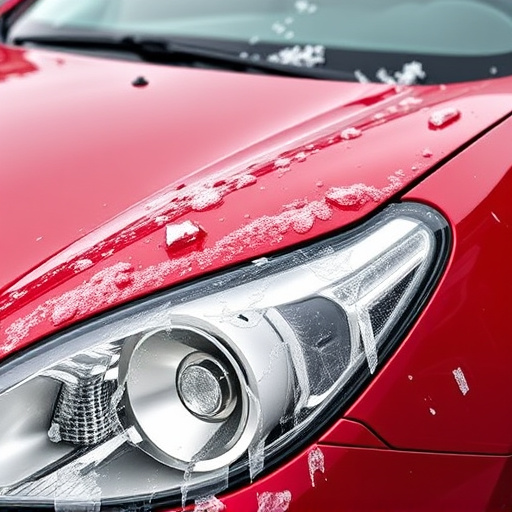
Corrosion is a silent enemy that significantly impacts various industries worldwide. In automotive sectors, for instance, corrosion can lead to costly repairs in car bodywork, particularly in areas like bumpers and frames. This not only increases maintenance expenses but also poses safety hazards if left unchecked. Beyond transportation, infrastructure such as bridges, pipelines, and buildings are vulnerable to corrosion, which can weaken structural integrity and necessitate frequent replacements.
The effects of corrosion are far-reaching, leading to reduced efficiency, increased downtime for repairs, and higher operational costs. Fortunately, the utilization of anti-corrosion materials offers a powerful solution. These materials play a pivotal role in safeguarding against corrosion, ensuring the longevity and durability of structures across diverse industries, from automotive repairs (including frame straightening) to preserving critical infrastructure.
– Case studies: Success stories of anti-corrosion solutions
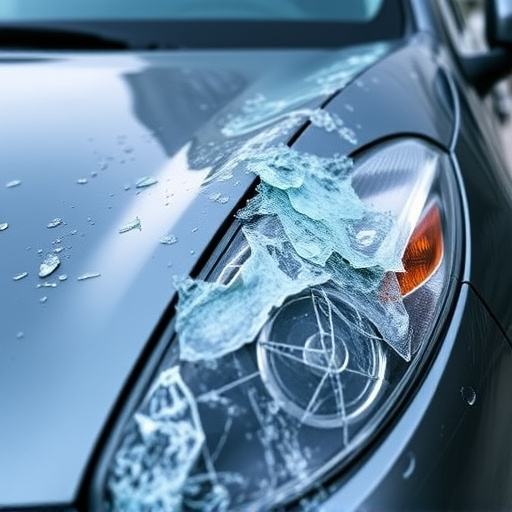
The success stories behind anti-corrosion solutions are numerous and varied, showcasing their transformative impact across diverse industries. In automotive manufacturing, for instance, the adoption of advanced anti-corrosion materials has been instrumental in enhancing vehicle durability and extending service lives. Case studies reveal that car bodywork treated with these innovative coatings can withstand extreme weather conditions, chemical exposure, and physical impacts far better than traditional metal finishes. This not only reduces repair costs but also minimizes environmental impact by delaying the need for frequent replacements.
Furthermore, the automotive industry has witnessed significant improvements in dent removal processes thanks to anti-corrosion technologies. Modern car bodies are designed with lightweight, corrosion-resistant alloys, making them easier to repair and less prone to damage in accidents. Studies demonstrate that effective anti-corrosion treatments can preserve the structural integrity of auto bodywork, ensuring that dents can be removed without compromising the overall strength or aesthetics of the vehicle. This not only benefits consumers but also contributes to a more sustainable automotive ecosystem.
Anti-corrosion materials play a pivotal role in modern industrial practices, offering durable and cost-effective solutions. By adopting these innovative materials, businesses can significantly enhance the lifespan of their infrastructure and equipment, thereby reducing maintenance costs and minimizing downtime. The benefits outlined in this article, supported by real-world case studies, underscore the value of integrating anti-corrosion technologies across various sectors. As corrosion remains a pervasive challenge, leveraging these advanced materials is essential for long-term operational efficiency and sustainability.
